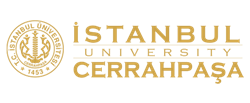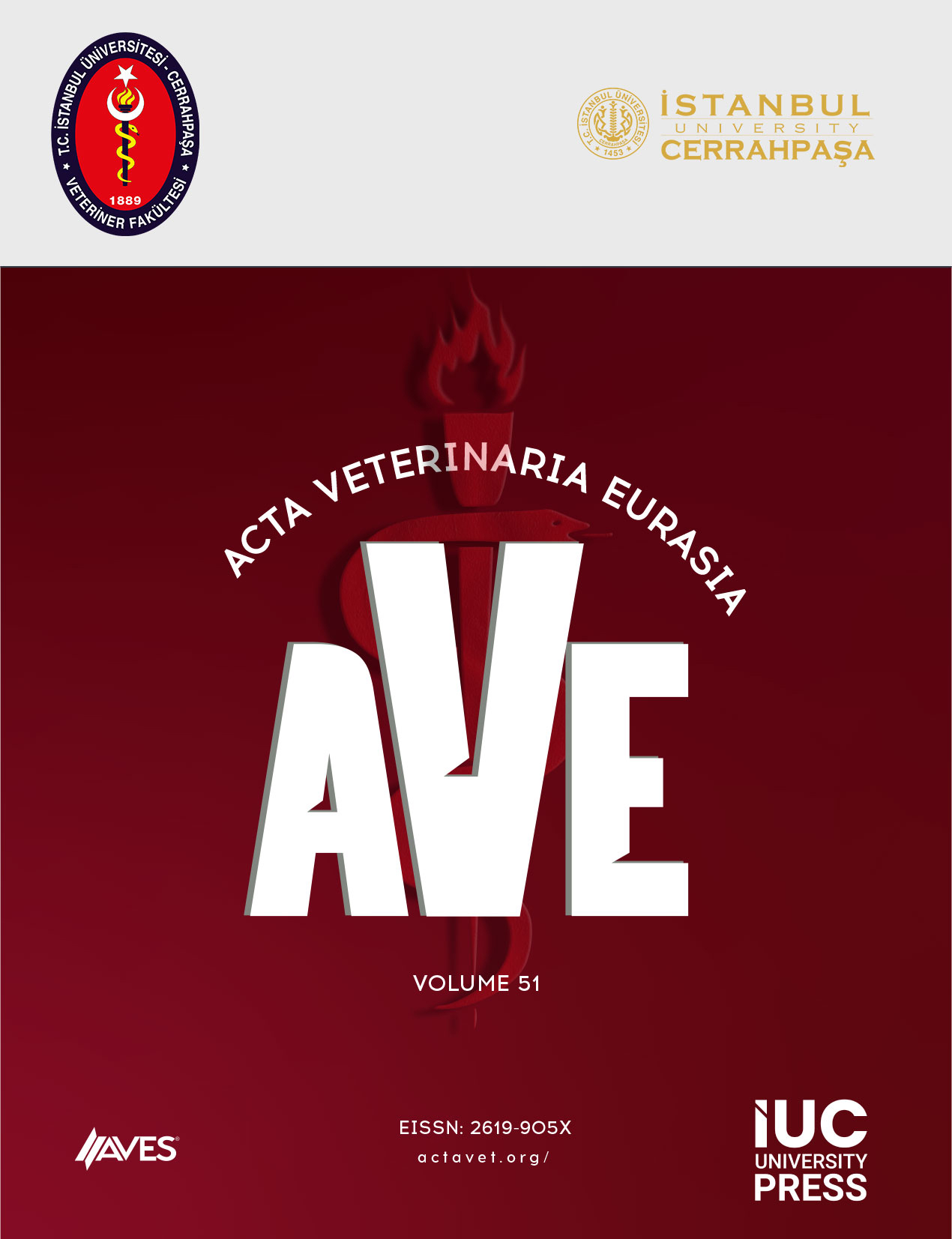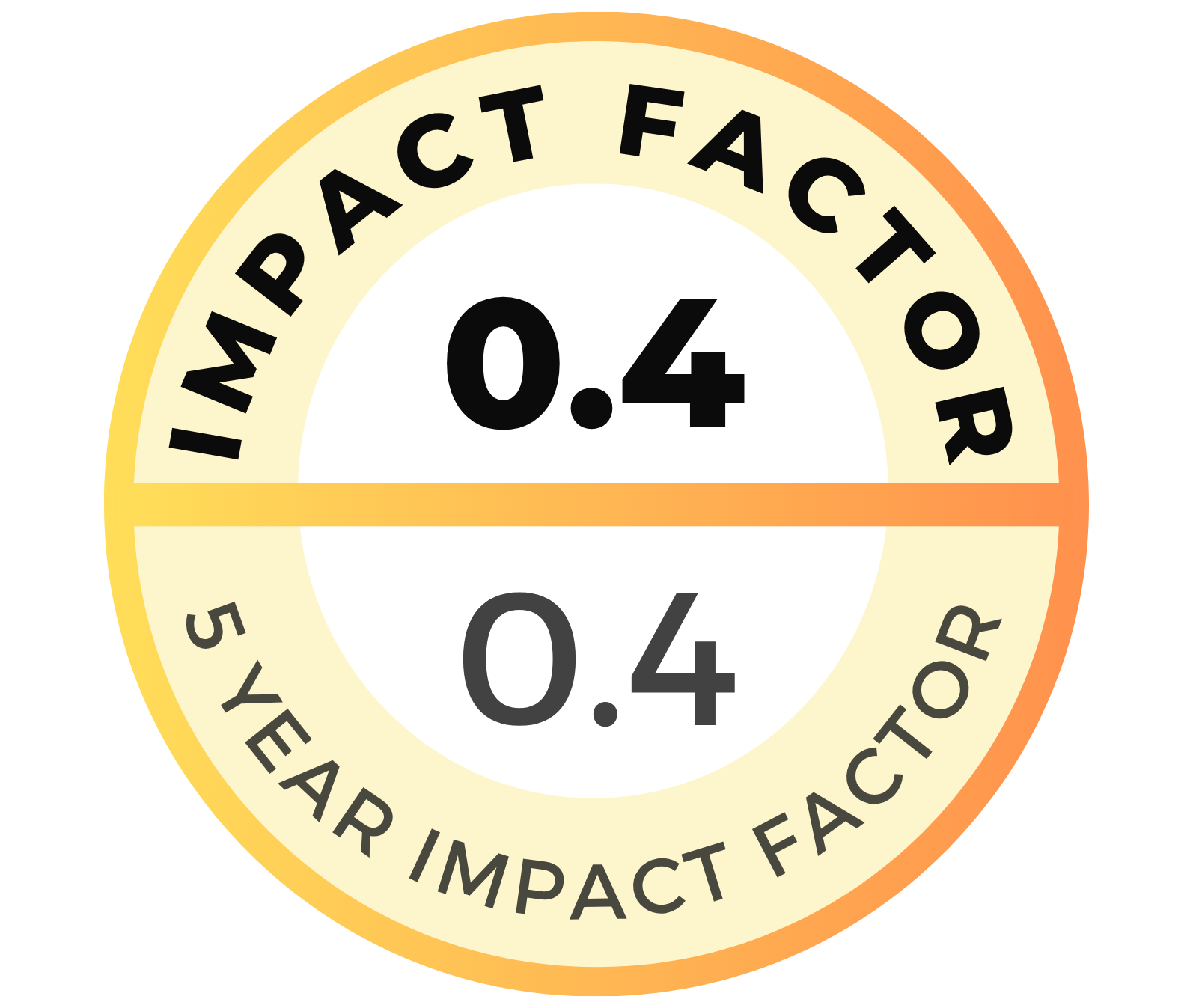Free oxygen radicals have been proposed as important causative agents of aging. In this review, the relationship between antioxidant protection and life span, the effects of reduced oxidative damage on the life span and the effects of dietary manipulations on ageing and free radical damage were discussed. The main source of the free radicals is molecular oxygen. The univalent reduction of molecular oxygen results in reactive oxygen species (ROS) such as superoxide dismutase anions (O2.-), hydrogen peroxide (H2O2) and hydroxyl radicals (.OH). The cytotoxic species can cause oxidative damage in the cell. Aging can thus be viewed as a process of irreversible injuries associated with accumulation of these oxidative changes. Activity of antioxidant enzymes has been reported to either increase or decrease in the aging process. According to many studies there are some regulatory mechanisms in senescent tissues to provide an efficient antioxidant defence against free radicals, which may be generated at a higher rate during the aging process. Definitive proof that oxidised molecules are the primary cause of ageing is lacking. Aging is also likely to be a multifactorial process and not reducible to any one single cause.





.png)